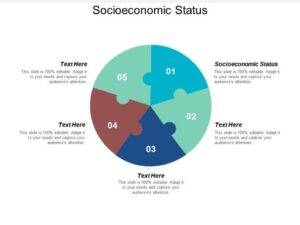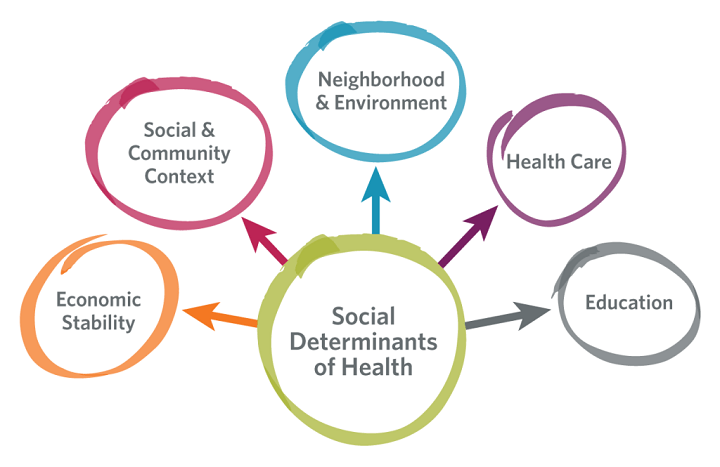Social determinants of health are the conditions and circumstances in which people are born, grow, live, work, and age that have a profound impact on their overall well-being. These determinants encompass a wide range of factors, from economic and social status to education, living and working conditions, and access to healthcare. Understanding the significance of these determinants is crucial in addressing health disparities and promoting overall public health. In this article, we will delve into the various aspects of social determinants of health and their influence on individual and community well-being.
Economic Status

Economic status plays a pivotal role in determining one’s health. Individuals with higher incomes tend to have better access to healthcare, nutritious food, safe housing, and education. On the other hand, those living in poverty are more likely to face health disparities due to limited resources and opportunities.
- Economic inequality as a contributor to health disparities
- The impact of unemployment and job insecurity on health
- Food insecurity and its association with economic status
Education
Education is another significant social determinant of health. Access to quality education equips individuals with knowledge and skills needed to make informed health decisions. Moreover, education is linked to higher income, which, in turn, influences health outcomes.
- Educational disparities and their health consequences
- The relationship between literacy and health literacy
- The role of educational interventions in improving health outcomes
Housing and Living Conditions
The quality of housing and living conditions has a direct impact on health. People living in substandard housing or in areas with environmental hazards are at greater risk of developing health issues.
- Housing affordability and its impact on health
- Housing instability and its consequences
- The influence of neighborhood characteristics on health
Healthcare Access
Access to healthcare is a critical social determinant of health. Disparities in healthcare access can result in delayed diagnoses and inadequate treatment, affecting overall health outcomes.
- Disparities in healthcare access among different populations
- The role of health insurance in improving healthcare access
- Strategies for reducing healthcare access disparities
Social Support Networks
Strong social support networks can contribute positively to an individual’s health. Having friends and family to rely on during times of need can reduce stress and promote overall well-being.
- The role of social connections in mental health
- The impact of social isolation on health
- Building and maintaining social support networks
Employment and Working Conditions
One’s occupation and working conditions can significantly impact health. Factors such as job satisfaction, workplace safety, and exposure to occupational hazards all play a role.
- Occupational health and safety in the workplace
- Job-related stress and its health consequences
- The importance of work-life balance in health
Nutrition and Food Security
Access to nutritious food is essential for good health. Nutritional disparities are closely tied to income and food security.
- The link between diet and health
- Food deserts and their impact on communities
- Promoting healthy eating in underserved areas
Early Childhood Development
The early years of a child’s life are crucial in shaping their future health. Early childhood experiences, including nutrition, access to healthcare, and social interactions, can have long-lasting effects on health.
- The importance of early childhood interventions
- The impact of adverse childhood experiences on health
- Promoting early childhood development for better health outcomes
Social determinants of health encompass a wide range of factors that influence individual and community well-being. Recognizing and addressing these determinants is essential for reducing health disparities and promoting overall public health. By understanding the intricate connections between economic status, education, housing, healthcare access, social support networks, employment, nutrition, and early childhood development, we can work towards creating a more equitable and healthier society for all.


